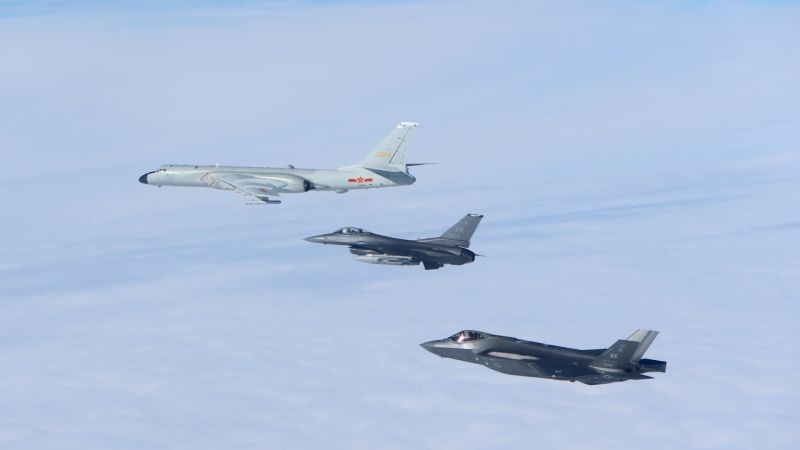
North American Aerospace Defence Command (Norad) is closely monitoring increasing cooperation between Chinese and Russian military forces in the Arctic region, according to Norad Commander U.S. Gen. Gregory Guillot.
The heightened surveillance follows an unprecedented joint patrol by Chinese and Russian forces near Alaska's coast in July 2023. While acknowledging the coordination between the two nations, Gen. Guillot noted their cooperation remains far below the integrated level maintained between U.S. and Canadian forces.
"We see it right now as coordinated, meaning that they can safely operate in the same area, but not near the level of integration that the Canadian Forces and the U.S. Forces have," Guillot said in an interview.
The commander highlighted that Russia, China, North Korea, and Iran have shown unprecedented coordination in recent times. Russian military activity near North American airspace saw a slight increase in 2023, including a concerning incident in September when Russian bombers were detected off Alaska's coast.
During that encounter, a Russian fighter jet maneuvered dangerously close to a U.S. F-16 aircraft that was sent to intercept. Gen. Guillot expressed surprise at the "unsafe and unprofessional" behavior, which he considered unusual for a professional air force.
To counter these challenges, Norad is strengthening its Arctic presence through increased exercises and operations. The command recognizes the need for forces to adapt to the region's harsh conditions and vast distances between bases.
The U.S. and Canadian militaries plan to expand their operations in the Arctic's far extremes in 2025. Additionally, Canadian pilots are receiving specialized training at Alaska's Eielson Air Force Base to operate F-35 fighters in Arctic conditions, marking a transition from older aircraft models.